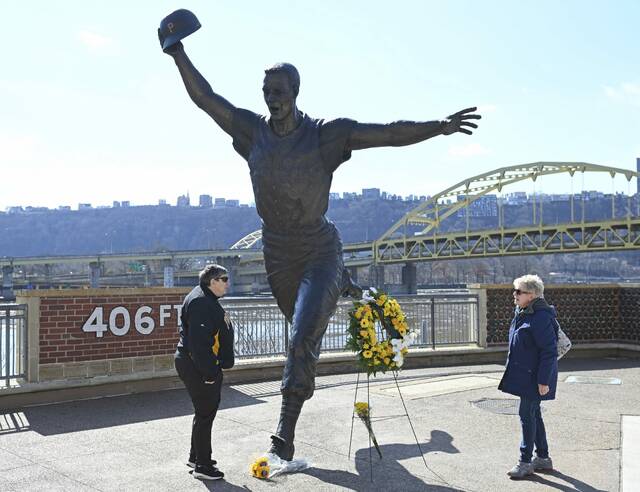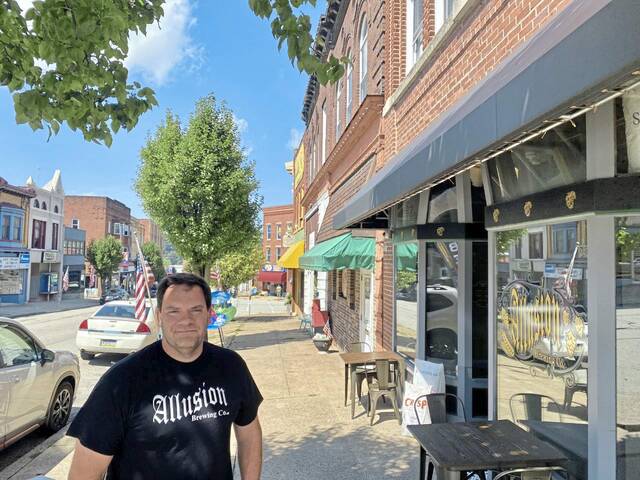Pittsburgh officials want to make it easier for vendors to set up retail and food stands throughout the city.
Food or retail vendors with mobile licenses are currently required to operate almost exclusively in metered parking spots and must move every four hours.
Permanent vendors, who stay in one place, have to go through a complicated process — including securing legislative approval from City Council — to get permission to sell their wares in any specific spot.
The city has a “small volume” of permitted locations for all vendors and “very complex and confusing regulations,” said Monica Bender, assistant director of the Department of Permits, Licenses and Inspections.
That’s likely why Pittsburgh has fewer licensed vendors than other similar cities, Bender said.
But officials told Pittsburgh’s Planning Commission on Tuesday that new measures aim to make it easier for vendors, including food trucks, to operate throughout the city.
The proposal would expand where vendors could operate and eliminate the site-by-site evaluation requirement everywhere but Downtown and in parks.
Mobile vendors would no longer have to move every four hours. Hours for vendors may extend beyond the current midnight deadline. Zoning changes would pave the way for vendors to operate in more parking areas, vacant lots and properties in business districts.
The city also is looking to create grants and staff to support vendors, create clearer guidelines and support vendors looking to move to brick-and-mortar stores, according to a fact sheet on the city’s EngagePGH site.
The goal is for the streamlined process to be in effect before the city hosts the 2026 NFL Draft in April, according to Andrew Dash, assistant director of the Department of City Planning.
That would give vendors more of an opportunity to capitalize on the crowds expected to descend on the city for the massive three-day event.
It would also benefit them long after the draft, easing the barriers for people looking to launch businesses as street vendors.
“The intention is for this to be permanent and a new way we’re doing vending citywide,” Dash said.
Officials also are looking to allow “group vending sites,” where vendors could congregate and offer various products close together after a community engagement process.
Planning Commissioner Phillip Wu said the measure would make Pittsburgh a more welcoming city to new businesses who may not have enough capital for a storefront but could get their start selling from carts and food trucks.
He pointed to Columbus, Ohio, as an example of a city with robust food truck options that often breathe new life into underutilized lots. He hoped the same could happen in Pittsburgh.
Commissioner Dina Blackwell raised concerns about clean-up from food vendors. She also wondered whether increased foot traffic to vendors after midnight could become a public safety concern.
Dash said officials still will ensure there is adequate space on sidewalks for pedestrians — including people in wheelchairs — when vendors set up shop.
The Planning Commission is expected to vote on the measure at its next meeting in two weeks. Dash said officials hope to introduce the measure to City Council by late August so changes can be implemented ahead of the draft.








